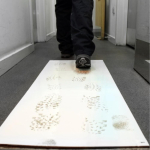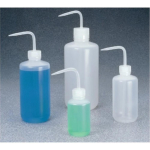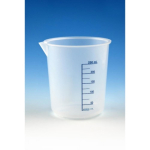Analysis Note
Stimulation of interleukin 2 production of Jurkat cells T-cell stimulation Protein kinase C (PKC) activator NF-κB Activator Promotion of cell growth Used in analytical studies of tumor promoters Molecular Biology grade
Application
PMA has been used:for the detection of intracellular cytokinesin CellROX oxidative stress assayfor Huh7 cell stimulation to investigate dipeptidyl peptidase 9 (DPP9) re-distributionas a positive control in B-cell receptor (BCR) stimulation of chronic lymphocytic leukaemia (CLL) cellsin the differentiation of monocytes (THP -1) into macrophages
Suitable for molecular biology studies as standard analytical studies of tumor promoters promotion of cell growth
Biochem/physiol Actions
Potent tumor promoter; activates protein kinase C in vivo and in vitro.
Potent tumor promoter; activates protein kinase C (PKC) in vivo and in vitro.
Caution
Photosensitive, protect from light.
Features and Benefits
Stimulation of interleukin 2 production of Jurkat cells T-cell stimulation Protein kinase C (PKC) activator NF-κB Activator Promotion of cell growth Used in analytical studies of tumor promoters Molecular Biology grade
General description
PMA (Phorbol 12-myristate 13-acetate) is an activator of protein kinase C (PKC) and a known tumor promoting agent. PMA also exhibits clastogenic (chromosome-breaking) activity.
Phorbol 12-myristate 13-acetate (PMA) can induce the activity of PLD1 (phospholipase D1) but not PLD2 (phospholipase D2).Through the protein kinase C (PKC) signaling pathway, PMA is a tumor promoter associated with:gene transcriptioncell growthcell differentiationprogrammed cell deathimmune pathwayreceptor desensitizationPhorbol 12-myristate 13-acetate is used to study:growth factorshormonescytokines-mediated regulation of cellular growth and differentiation









